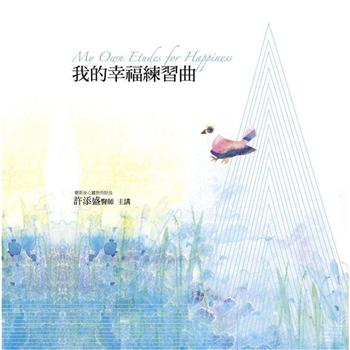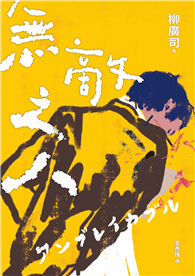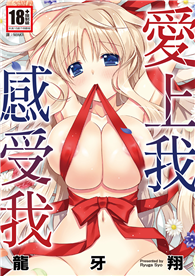Dr. Saul Nitzberg, a survivor of Auschwitz, passed away in February 2000. Because his wife had spent many hours interviewing Dr. Nitzberg, the authors chose to tell his story by using Saul's own words, interlaced with narrative. The numerous papers, letters and documents his wife had preserved over the years supplemented the vivid portrait Saul had painted of his life. Imbedded in a loving family, Saul's life in Poland was tranquil in the early 1930's. However, the insidious onset of World War II destroyed the peace of his country, his community, and the lives of his family. While the ominous sequence of events was most frightening, neither the family nor the surrounding community could possibly envision the terror that was about to befall them. Saul described those events that ultimately led to the occupation of his city by the Russians and then the Germans. He described his four year journey from the Pruzhany ghetto to Auschwitz, and finally to freedom. The events of Saul's life following liberation were both fulfilling and remarkably compelling, but peace continued to elude him. His only brother, Lova, had been sucked up into the vortex of the war and had disappeared behind the Iron Curtain. The United States and the Soviet Union were engaged in the Cold War and there was no way to communicate with Soviet citizens. SOME DAY THE IRON CURTAIN WILL LIFT, AND I WILL GO TO RUSSIA TO SEARCH FOR MY BROTHER. Saul repeated these words to his wife over and over. Separated from his brother for thirty-three years, he was not sure that Lova was still alive. Yet, Saul's yearning to attempt to find him never waned. When the Iron Curtain lifted, he traveled to Russia in order to satisfy that need. His experiences surrounding the trip were shrouded in intrigue. It was a heart-rending venture, filled with moments of uncertainty, angst, and the nagging fear that it was quite possible that his quest would end in failure. Still another need kept Saul from achieving closure
| FindBook |
有 1 項符合
I Chose Life: Biography of a Holocaust Survivor Saul I. Nitzberg, M.D., A Survivor’s Search for Peace的圖書 |
 |
I Chose Life: Biography of a Holocaust Survivor Saul I. Nitzberg, M.D., A Survivor’s Search for Peace 作者:Nitzberg 出版社:Authorhouse 出版日期:2007-08-12 語言:英文 規格:平裝 / 297頁 / 27.9 x 21.1 x 1.8 cm / 普通級 |
| 圖書館借閱 |
| 國家圖書館 | 全國圖書書目資訊網 | 國立公共資訊圖書館 | 電子書服務平台 | MetaCat 跨館整合查詢 |
| 臺北市立圖書館 | 新北市立圖書館 | 基隆市公共圖書館 | 桃園市立圖書館 | 新竹縣公共圖書館 |
| 苗栗縣立圖書館 | 臺中市立圖書館 | 彰化縣公共圖書館 | 南投縣文化局 | 雲林縣公共圖書館 |
| 嘉義縣圖書館 | 臺南市立圖書館 | 高雄市立圖書館 | 屏東縣公共圖書館 | 宜蘭縣公共圖書館 |
| 花蓮縣文化局 | 臺東縣文化處 |
|
|
圖書介紹 - 資料來源:博客來 評分:
圖書名稱:I Chose Life: Biography of a Holocaust Survivor Saul I. Nitzberg, M.D., A Survivor’s Search for Peace
|











